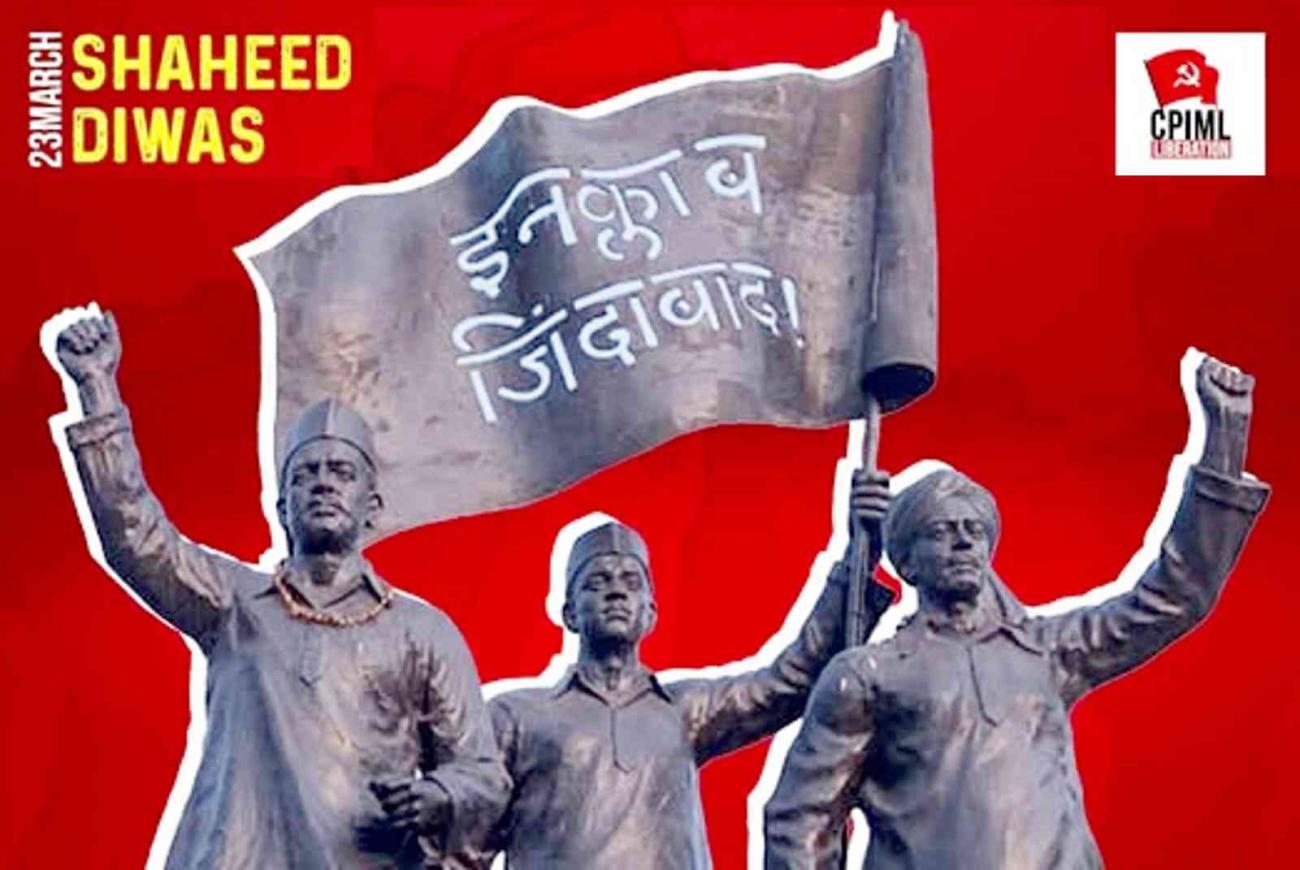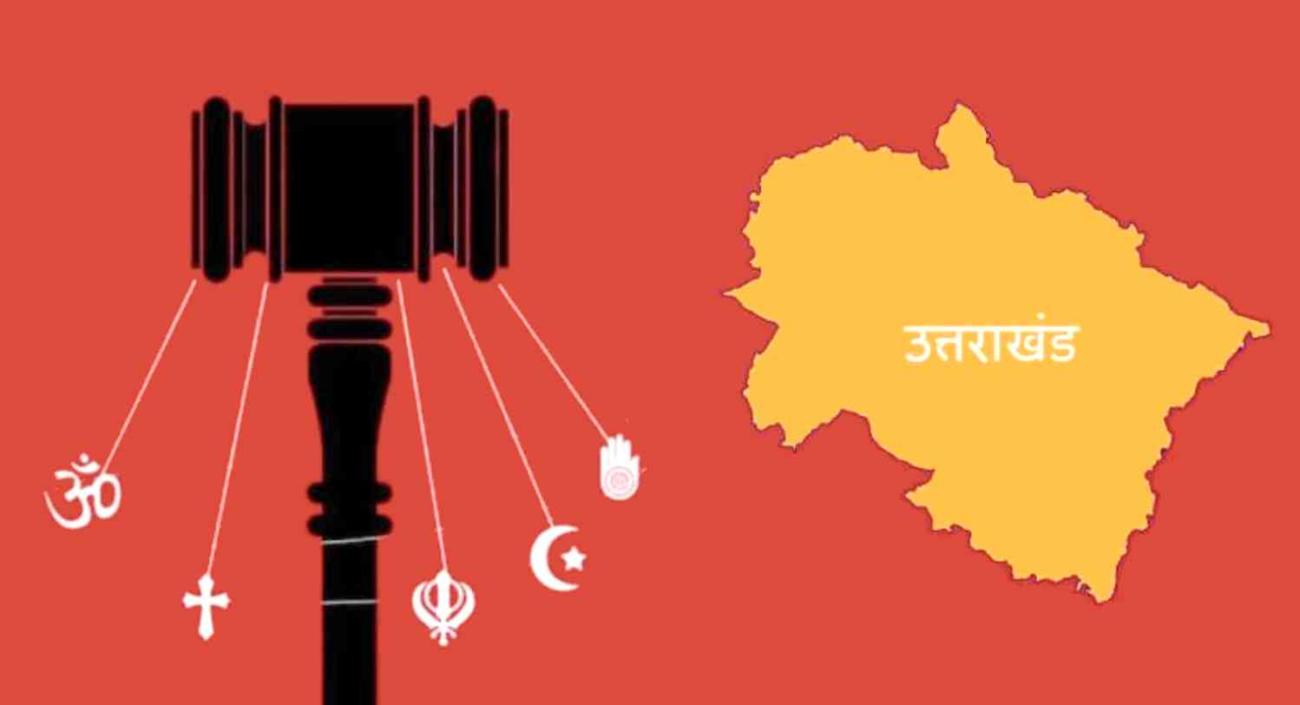The latest instances occurred in Karnataka on February 9 2008, when two luminaries, both holding public positions that are crucial in ensuring gender justice and upholding the human rights of women, publicly blamed women for the violence they face in our cities. Chief Justice Cyriac Joseph, speaking at a public event on Supreme Court on Section 13 of the Hindu Marriage Act, 1955 (as reported in The Hindu dated February 9 2008), urged women to dress modestly� for the safety and security of the people�; elaborating that Nowadays, women wear such kind of dresses even in temples and churches that when we go to places of worship, instead of meditating on God, we end up meditating on the person before us.� He added that provocative dresses that women wear in buses� put the men travelling in the buses� in awkward situations and hence women must dress modestly�. He also advised the media to play a constructive role� by highlighting that provocative clothes were the reason� for the attacks on women.
Meanwhile on the same day, Justice S R Nayak, State Human Rights Commission Chairperson, said much the same thing in a talk on Human Rights and Lawyers Role� at a programme organized by the Vakeelara Sangha to felicitate him for being conferred with the Nadoja Award. Referring to the mob assault on two women in Mumbai on New Years Day, he said (as reported in Indian Express dated February 9 2008), Yes, men are bad . But who asked them (the women) to venture out in the night... Women should not have gone out in the night and when they do, there is no point complaining that men touched them and hit them. Youth are destroying our culture for momentary satisfaction�
Such statements are a slap in the face for the womens movements that have fought long and hard for violence against women within homes, on public streets and transport, at workplaces and in all walks of life to be recognised as crimes. It is bad enough when such justifications constitute the common sense� of society and are uttered by lay persons routinely; but when such grossly anti-women ideas are sanctified by custodians of the Constitution and law, then the matter is far worse.
Clearly, these two senior members of the judiciary believe that women should know their place, should not overstep their bounds and should not aspire to the same freedom of dress, movement and lifestyle as men. Women who break these socially imposed bounds are themselves guilty. Precisely these beliefs are shared by those who rape and assault women; and also by the police machinery too. Senior and celebrated police officers like K P S Gill, themselves guilty of sexual harassment, habitually blame womens dress and late hours for provoking attacks.
These custodians of justice and human rights decree that the nights are reserved for men; women should remain safe at home, and those who venture out as asking for violent attentions. Will they tell us: what about all those women who face abuse and assault at home, within the safe confines of the family? And those women who have nowhere but the streets on which to live, day and night? What about small children who are sexually abused and raped are they too guilty of provocative behaviour? Many womens groups, in a joint statement, asked these judges if they were aware of the reality of the number of acid attacks on women in Karnataka who were mauled and attacked only because they said no� to a man? Were they provoking their attackers by saying no�?�
If such deep-seated conservatism and anti-women ideas dominate our judiciary, police and other institutions, how can women expect justice in the courts of law? Surely there ought to be penalties for people holding public posts of responsibility, if they utter such justifications for violence on women?





